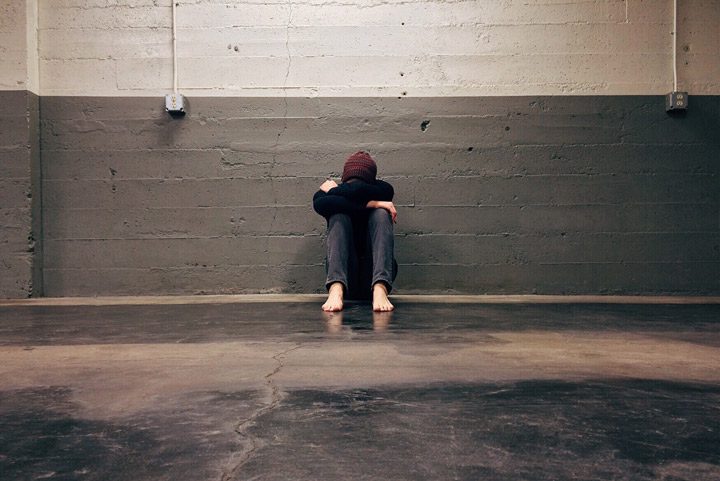Addiction Symptoms Checklist: Opioid Symptoms

You’ve watched your loved one struggle over the last few months, and you’re wondering what’s really happening. You may know they are using prescription drugs to get through chronic pain episodes. Or, you may suspect that your loved one is using illicit substances. What do you do?
Don’t Overlook the Warning Signs of Opioid Addiction
Opioid addiction has become one of the biggest public health problems in the country’s history. In 2017, there were 70,200 overdose deaths in the U.S. Of those, 47,600 of them were due to opioids, according to the National Institute on Drug Abuse. This accounts for an age-adjusted rate of 21.7 deaths for every 100,000 people. In Louisiana, that figure is 21.8 for every 100,000. More so, from 2016 through 2017, the overdose deaths in the state rose by 12.4 percent.
What does all of this mean? It means that no matter who you are or what lifestyle you are living, opioid addiction can happen to you. It means that as a caregiver, you may assume your loved one is not someone who would succumb to opioid addiction or drug use. But opioids, whether prescribed or not, are powerful, and it’s essential to know the warning signs of addiction so you can address them in yourself or your loved one.
Symptoms of Opioid Addiction Explained
People who suffer from opioid addiction may express it in different ways. Many are very good at hiding this type of addiction. Yet, if you pay enough attention, you’ll notice changes in your loved one. Don’t ignore these.
Mood and Psychological Changes
These are some of the most common symptoms to notice. They will increase in intensity as a person’s addiction becomes more severe.
- Increased anxiety, not associated with anything specific. They feel anxious or on edge all of the time.
- Irritability, especially if they have not used their drug of choice recently.
- Euphoria, or sensations of being on top of the world, even when it’s not an appropriate or logical reaction to the events of their daily life.
- Depression can occur or worsen. Your loved one may seem sad for no apparent reason.
- Psychosis can occur in some patients, especially if they are unable to secure the opioid they need.
Withdrawal symptoms can be dangerous. If you notice your loved one is suffering from intense levels of pain, disorientation, or psychosis, seek immediate medical care.
Behavioral Changes
In some cases, these are the more obvious symptoms to spot. In other cases, these are very hard to see because your loved one may try to hide them.
They may:
- Use opioids longer than what the doctor prescribed for them.
- Use more than what the doctor prescribed.
- Borrow pain medications from others.
- Be unable to reduce the amount of pain medication they are taking without experiencing withdrawal symptoms.
- No longer engage in activities they once enjoyed.
- Spend a lot of time seeking out new sources for medications.
Physical Changes
Sometimes, you can see physical differences in your loved one. Consider looking at a photo of your loved one from a year ago. Compare it to their appearance now. Look for:
- Significant weight loss or weight gain
- Difficulty with sexual function
- Trouble sleeping
- Health problems related to high blood pressure, increased heart rate, or constricted blood vessels
- Change in skin pigmentation
- Difficulty touching others or being touched
- Sensitive to smells
What’s Happening and What Should You Do?
If you believe your loved one may have some of the symptoms of opioid addiction, take action as soon as possible. Consider seeking help through our detox center in Lafayette, LA. Detox is necessary because it creates a medically supervised program that can help your loved one to have the medical care they need during withdrawal.
Don’t ignore these warning signs. Seek out help for your loved one today from Victory Addiction Recovery Center.







